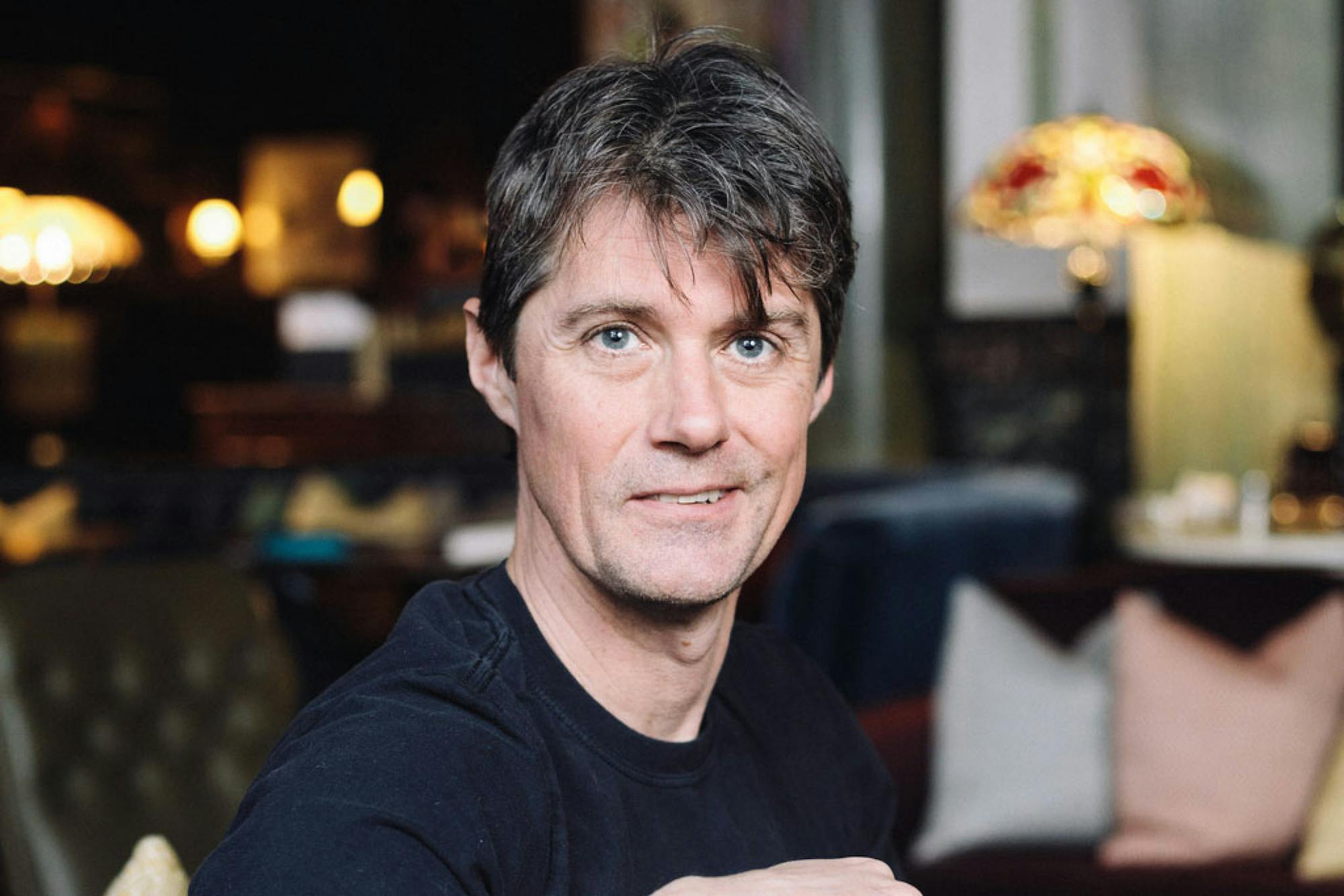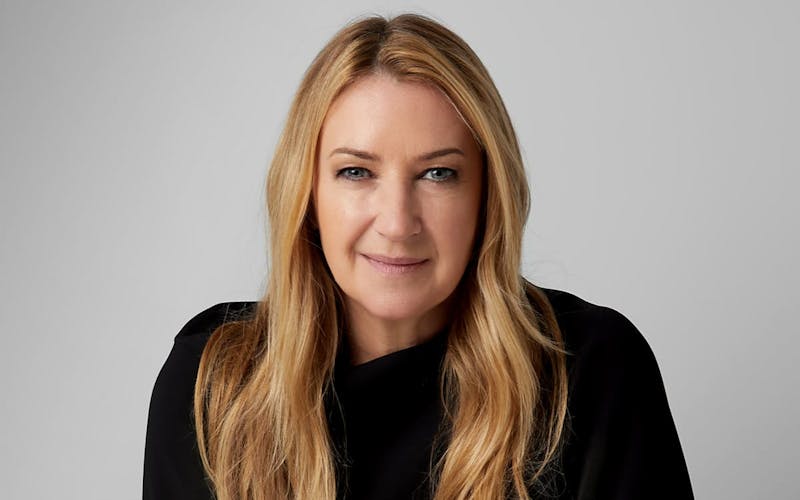

for Walpole members and
non-members available now
at The Londoner



So, the world is on fire – and you sell designer shoes at £800 a pair. What exactly is the point of you?’ This was the challenge I put to the full staff of a luxury footwear brand one afternoon a few years ago, a day the news was dominated with stories of Californian wildfires that had turned much of the state into a vision of hell. The scale of the fires was unprecedented, but no longer. We now grimly accept that much of the world is a tinderbox, just one indicator of our broken relationship with our fragile home.
There was an uncomfortable silence in the room. I let it play out. What, I pressed on, was the point of selling footwear that only the most financially privileged could afford (but certainly didn’t need) in the context of the climate emergency, not to mention a world riven with unconscionable levels of inequality? The silence grew in power as those in attendance looked down at their (no doubt expensive) shoes, shuffled uncomfortably, and offered nothing.
No one had an answer to my challenge, so I relieved them of their gilded misery and told them how they could find relevance and regain a sense of worth in their work – but we’ll come to that later.
The recent IPCC report tells us that changes observed in the climate ‘are unprecedented in thousands, if not hundreds of thousands of years’ – include the added effects of the rise in sea levels and the end result is ‘irreversible’. These changes are due to a temperature rise of 1.1 degrees Celcius since the industrial revolution and are the direct result of human activity. The way in which we work and consume makes nearly all of us complicit in nurturing/fostering the economic and political conditions that have created this disaster. And most of us, CEOs and politicians included, feel powerless in the face of the embedded status quo.
That complicity and helplessness are a large part of why, according to the Gallup State of the Global Workplace research programme, between 70 and 80 per cent of employees globally feel disengaged from their work. As the corporate world’s sluggish enlightenment creeps forward, everyone from CEOs to sales assistants tell me that their salaries have now become as much bribery to perpetuate the disaster as they are reward for the (damaging) work done. Those horrific engagement stats are also a proxy for a whole host of mental health problems. You don’t need to be a psychiatrist to understand that when your work and your values are at odds you’re going to suffer. This is bad for everyone. Daniel Pink, author of Drive: The Surprising Truth About What Motivates Us puts it well: 'When the profit becomes unmoored from purpose bad things happen – bad things ethically, but also bad things ... like crappy products, like lame services, like uninspiring places to work’. There’s a huge productivity dividend going begging. Imagine what a genuinely engaged workforce would do for the economy.
But there is hope. Covid has given many of us a new lens on the world. As the skies quietened and the air cleared, we began to take stock of our careers and priorities. We witnessed how, when people only buy what they need the economy collapses and wondered, ‘does that make sense?’. We looked anew at the keyworkers who keep our nation going, seeing how they are the most valuable to society, even though we reward them the least – and we felt guilty about it, as we should. We saw how selfish individualism looked ridiculous and unseemly in the face of our communities coming together in the service of one another. We realised that all the money in the world is a poor substitute for an embrace, or even a handshake, and that no earthly reward can compensate us for being absent from the bedside of a dying loved one, or the inability to hold each other up at a funeral. Perhaps, most importantly, many of us came to understand that the pandemic was not a random accident but a symptom, in part, of our damaged relationship with the natural world, and that by association Covid was an ‘amuse-bouche catastrophe’. The main dish, climate change, became larger, not smaller, in our minds. In short, everyone on the planet has been given a lesson in systems, interconnectedness and interdependence. As the pioneering environmentalist John Muir put it, we found out that ‘When we try to pick out anything by itself, we find it hitched to everything else in the Universe’.
For luxury brands, selling the concept of exclusivity and opulence, this collective catharsis brings challenges. In a Covid- and climate-changed world almost all brands have a problem they cannot ignore. In the wider context of environmental collapse and societal injustice their offerings, if unchanged, look far less like badges of personal success and much more like symbols of our collective failure. If they wish to embody the age’s aspirations, they cannot avoid radical change.








